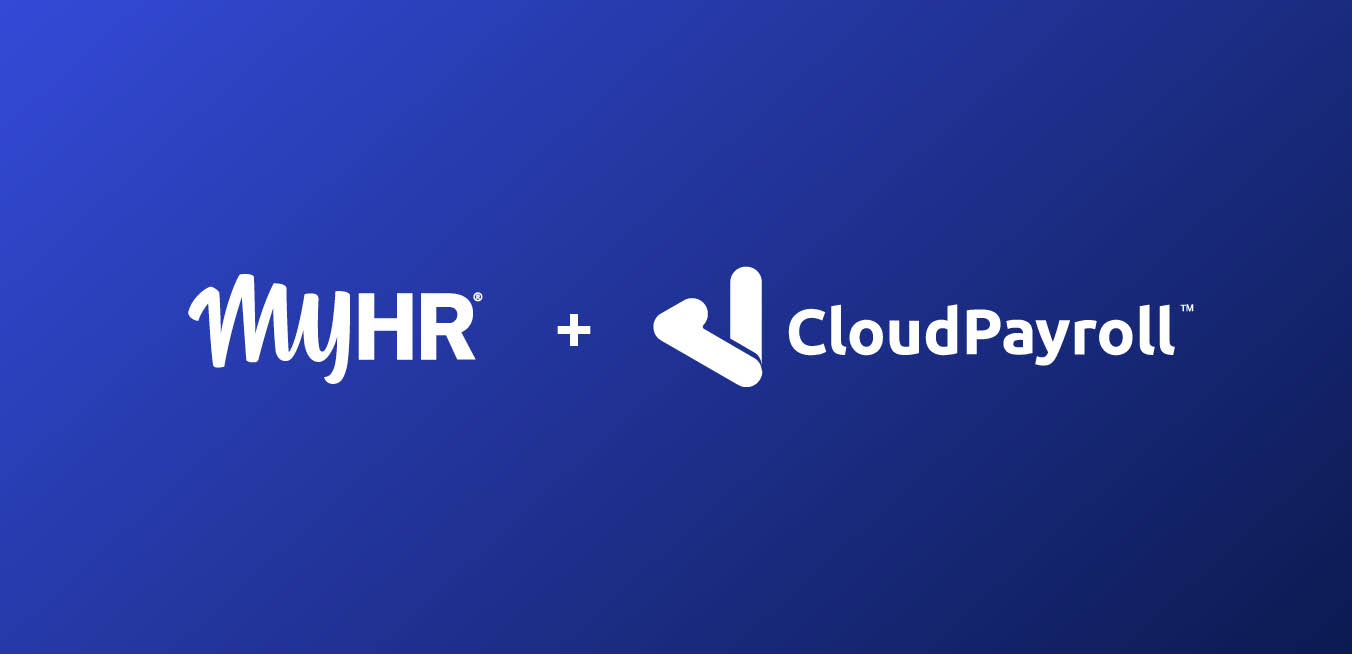
When it comes to managing and recording employee leave, it might be easy to take the “she'll be right” approach. But there are some really good reasons why you should diligently manage, track, and pay leave.
Proper leave management means your business can operate more effectively, you meet your employees’ need for time-off, and you satisfy your legal obligations.
The long list of high-profile Australian employers not staying on top of leave entitlements and payments - including Westpac, Woolworths, and Qantas - have highlighted just how serious and expensive errors can be.
1. It's the law!
First and foremost, keeping track of leave and paying correctly keeps you on the right side of the law.
Under the Fair Work Act 2009, all Australian employers must keep accurate records of the daily hours every employee works and the pay for those hours, as well as the leave accrued, entitled leave, and leave taken.
The law exists to ensure that all employees get the paid leave they are legally entitled to:
- annual leave (at least 4 weeks a year after each 12 months of employment);
- public holidays (as gazetted by each State/Territory, if they are days they would normally work);
- personal/carers leave (10 days paid per year);
- parental leave (12 months unpaid leave);
- community service leave (a mix of paid and unpaid leave depending on the circumstances);
- compassionate leave (2 days paid leave per permissible occasion);
- long service leave (as per State/Territory regulations).
When leave is taken, the Fair Work Act prescribes how this must be paid for each type of leave.
Remember, if you’re not tracking or paying leave accurately, you may be instructed to go back through seven years of payroll records to catch all the discrepancies, calculated what your employee(s) should have been paid, and make payments to correct the issue (yes, even if they’ve left your business, you’ll need to track them down!).
Keeping accurate track of leave and holidays will eliminate or minimise errors in leave entitlement and payment calculations. Your employees will get the right amount of leave and pay, and your business will avoid having to pay backdated leave, or worse, copping a fine from the Fair Work Ombudsman and ending up in the news.
Find out about your legal obligations at fairwork.gov.au.
2. Effective leave management can improve your bottom line
Effective leave tracking and management can reduce your costs. Paid time-off can have a significant financial impact on a company’s bottom line.
Temporary workers and contractors can cost much more than your regular staff. Or if your existing employees provide cover, you may have to pay overtime.
There are other indirect costs and effects, including a potential drop in the quality of goods or services due to under-staffing, fatigue, or less-skilled replacement workers, which could lead to a drop in customer satisfaction.
There may also be increased administration costs and management time (finding suitable replacements, bringing them up to speed, maintaining team morale etc.), and potential safety issues with replacement or overworked staff.
Another financial implication of failing to properly manage leave is allowing employees to accrue weeks or months of leave, which is a liability to the company if the employee resigns and has to be paid out in a lump sum.
Unpaid leave is registered in the company's books as a debt and could also cause a problem if you ever wanted to sell the business.
3. Proper annual leave and holiday planning
Properly planning your team members' leave means you can account for absences in advance and ensure you have adequate cover, rather than having to scramble and risk getting caught short.
While there is little you can do if a number of employees fall sick at the same time, planning annual leave and holiday cover will help reduce work disruptions, ensuring there is no drop in productivity and that the business can continue to meet its obligations and deadlines.
Effectively planning leave and holidays will also mean there is no dent in team morale. No one wants to be regularly asked to take on extra work because the company forgot to properly plan holiday cover.

Using an efficient leave management service or software will make keeping track of leave easier and more accurate. Management will spend less time on monitoring and responding to leave requests, and the system will maintain accurate company-wide records, so you can easily check leave totals and demonstrate legal compliance.
MyHR enables you to seamlessly track time off and monitor leave. You can track approvals, review leave in a shared calendar, and fully integrate with your chosen payroll provider - all in one powerful platform.
4. Improves employee confidence and wellbeing
If your team members know they are getting their proper leave entitlements, they will have more confidence and trust in the business. This means happier, more engaged people who are motivated to be productive and help the business succeed.
Your employees also want to know that the business is organised.
If leave is poorly managed and a number of team members take leave at the same time, the remaining people may have to do extra work to cover. This could lead to resentment if it happens regularly, and the damage will be even greater if it turns out you haven’t been calculating your employee’s leave or holiday pay correctly.
Many good, modern leave management systems allow employees to see their leave balances and request leave electronically. This provides transparency and the automation also reduces admin for the business.
5. Leave management reduces absenteeism and presenteeism
Taking leave is essential for wellbeing. Research has proven that time away from work promotes good physical and mental health and improves people’s work-life balance, which reduces stress and unscheduled days off.
Absenteeism can have a significant impact on any business. The 2023 Absence Management & Wellbeing Survey found that the average direct cost of absence per employee is $4,025 a year. Estimates of the amount absenteeism costs the Australian economy range from $24 to $44 billion per annum.
Presenteeism (being at work but not fully functioning) can also cause significant problems if your employees regularly come to work when they are unwell, stressed or distracted.
If your business doesn’t have the tools to accurately track leave, especially sick leave, you may not know how many days a year your employees are taking and how much that is affecting their performance and your overall success.
Proper leave management systems can give you a much better understanding of leave patterns across the business, and if there are issues, you have the chance to work on solutions with your people.
MyHR for leave management
MyHR provides a seamless, integrated solution for all of your business’s leave and time-off functions.
Automate payroll and leave processes, so you can be sure your people are paid correctly and leave is accounted for, every pay run. Track balances, approve requests, and view team availability alongside key dates in one shared calendar.
-1.jpg)



